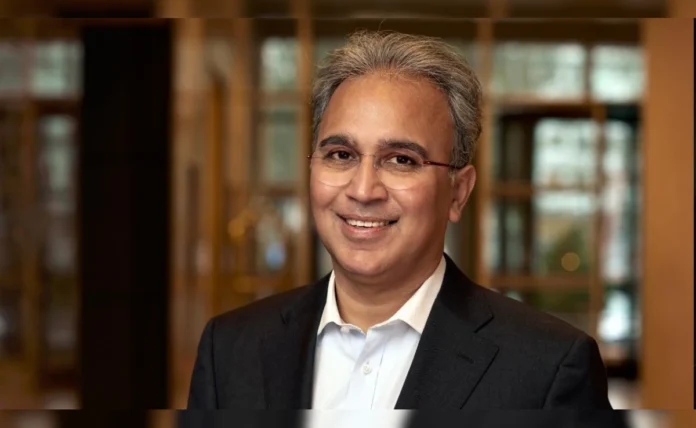As speculation grows over a possible trade pact between India and the United States, Confederation of Indian Industry (CII) President Rajiv Memani has stated that India is unlikely to enter any trade deal “at any cost”, emphasizing the need for a fair and strategic agreement that aligns with national interests.
Memani’s remarks come amid renewed discussions between New Delhi and Washington on advancing bilateral economic ties through a long-pending trade agreement. While both sides have acknowledged improvements in commercial dialogue, major sticking points remain, particularly in areas such as digital trade, agricultural access, tariffs, and intellectual property.
No Rushed Trade-Offs, Says CII
Speaking at a business policy forum, Memani clarified that India’s approach to trade negotiations is guided by strategic calculations, not political pressure or symbolic deals.
“India will not rush into any trade pact with the US unless it reflects mutual respect, balanced gains, and long-term strategic value,” Memani said.
“Trade has to be fair, not just fast.”
He emphasized that economic diplomacy must align with domestic priorities, such as job creation, industrial growth, digital innovation, and agricultural security.
Key Issues in Negotiations
Several sensitive issues have prevented the India-US trade deal from reaching the final stage over the last few years:
-
Tariff disagreements on agricultural goods, dairy, and medical devices
-
Digital trade policies and concerns over data localization
-
US demands for stronger IP protections, which could impact India’s pharmaceutical sector
-
India’s stance on subsidies and WTO-compatible policy space
-
Visa and mobility issues for Indian professionals
Memani noted that while strategic convergence between the two democracies is strong, both sides must ensure the economic framework is mutually beneficial and forward-looking.
CII’s Role in Trade Policy Advocacy
As the head of one of India’s most influential industry bodies, Rajiv Memani reiterated CII’s role in advising the government on trade policy reforms that uphold India’s economic autonomy while promoting global competitiveness.
He stated that India must remain open to trade but not at the cost of critical sectors or strategic autonomy. He also highlighted the need for trade agreements to be flexible, inclusive, and tailored to emerging market realities.
A Strategic Lens on US Ties
India and the United States have steadily deepened their bilateral partnership across sectors — from defense and critical technologies to energy and education. However, the economic pillar has lagged, in part due to domestic sensitivities and complex regulatory alignments.
Memani emphasized that trade should be seen through a strategic lens, not just a transactional one, and that both nations must work toward an agreement that strengthens supply chains, innovation ecosystems, and equitable market access.
India’s message on the proposed trade pact with the United States is clear: partnership cannot come at the cost of principle. As the world’s largest democracy and one of the fastest-growing economies, India seeks a deal that is not only commercially sound but also strategically grounded. Under CII’s leadership and the government’s calibrated approach, India continues to engage — but on its own terms.



